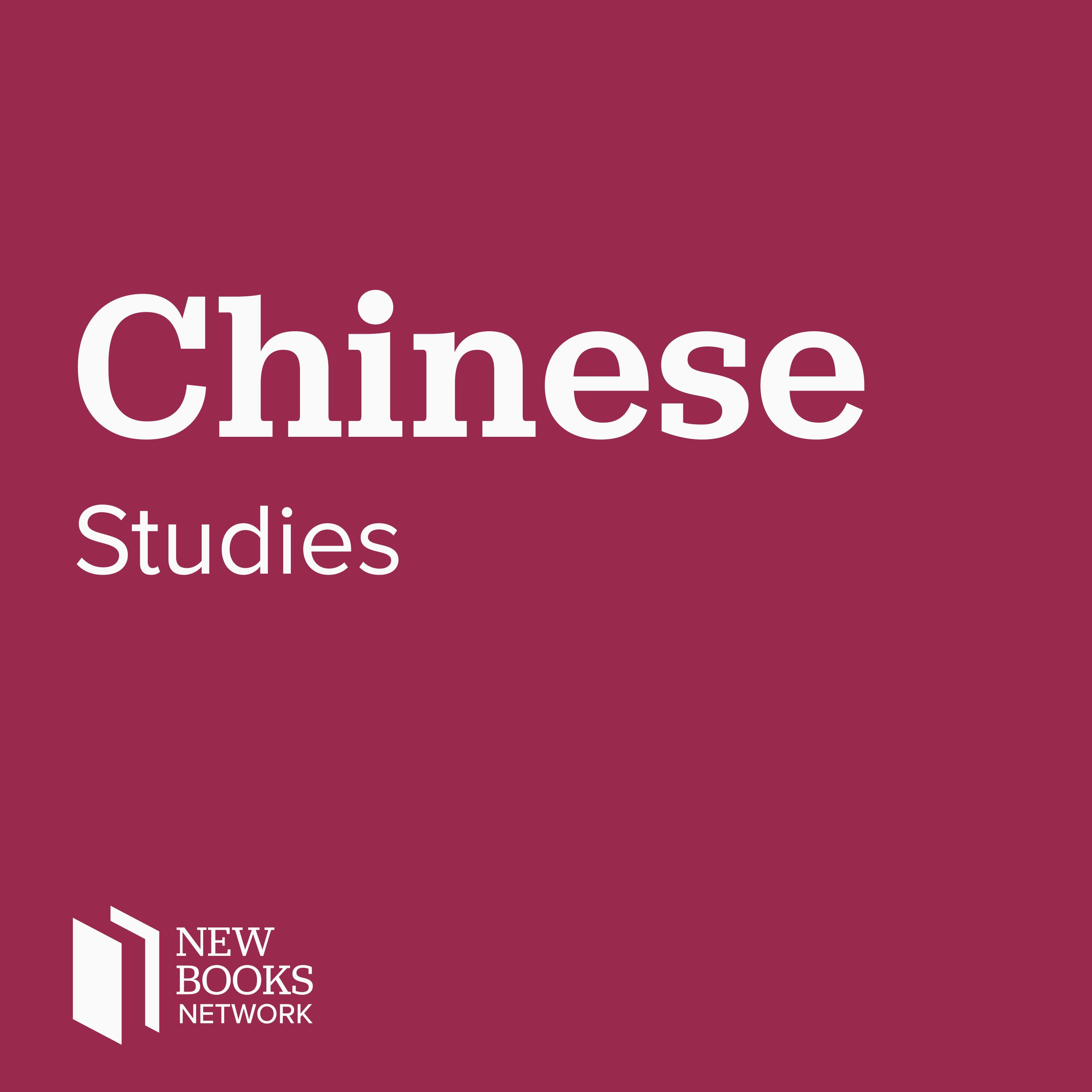J. Megan Greene, "Building a Nation at War: Building a Nation at War: Transnational Knowledge Networks and the Development of China during and after World War II" (Harvard UP, 2022)
Description
Building a Nation at War: Building a Nation at War: Transnational Knowledge Networks and the Development of China during and after World War II (Harvard UP, 2022) argues that the Chinese Nationalist government’s retreat inland during the Sino-Japanese War (1937–1945), its consequent need for inland resources, and its participation in new scientific and technical relationships with the United States led to fundamental changes in how the Nationalists engaged with science and technology as tools to promote development.
The war catalyzed an emphasis on applied sciences, comprehensive economic planning, and development of scientific and technical human resources—all of which served the Nationalists’ immediate and long-term goals. It created an opportunity for the Nationalists to extend control over inland China and over education and industry. It also provided opportunities for China to mobilize transnational networks of Chinese-Americans, Chinese in America, and the American government and businesses. These groups provided technical advice, ran training programs, and helped the Nationalists acquire manufactured goods and tools. J. Megan Greene shows how the Nationalists worked these programs to their advantage, even in situations where their American counterparts clearly had the upper hand. Finally, this book shows how, although American advisers and diplomats criticized China for harboring resources rather than putting them into winning the war against Japan, US industrial consultants were also strongly motivated by postwar goals.
J. Megan Greene is Professor of History at the University of Kansas. Her field of study is the history of the Republic of China under the KMT both in China and on Taiwan. She is also the author of The Origins of the Developmental State in Taiwan: Science Policy and the Quest for Modernization (Harvard University Press, 2008), a study of industrial science policy in China and Taiwan under the KMT.
Li-Ping Chen is a teaching fellow in the Department of East Asian Languages and Cultures at the University of Southern California. Her research interests include literary translingualism, diaspora, and nativism in Sinophone, inter-Asian, and transpacific contexts.
Learn more about your ad choices. Visit megaphone.fm/adchoices
Support our show by becoming a premium member! https://newbooksnetwork.supportingcast.fm/chinese-studies
More Episodes
In 2009, Fudan University launched China’s first MFA program in creative writing, spurring a wave of such programs in Chinese universities. Many of these programs’ founding members point to the Iowa Writers Workshop and, specifically, its International Writers Program, which invited dozens of...
Published 06/27/24
Published 06/27/24
How do Chinese citizens make sense of digital surveillance and live with it? What narratives do they come up with to deal with the daily and all-encompassing reality of life in China? What mental tactics do they apply to dissociate themselves from surveillance? Ariane Ollier-Malaterre explores...
Published 06/24/24


